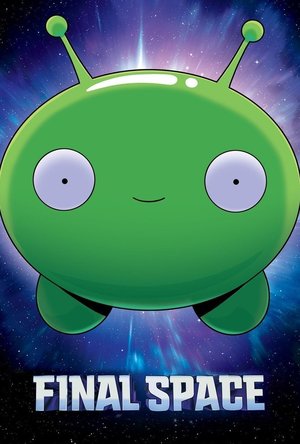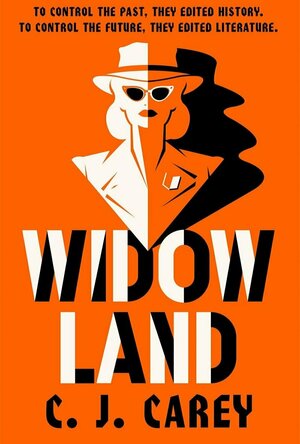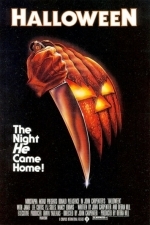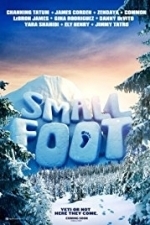
London Marco Polo Spiral Guide
Book
For advice you can trust, look no further than Marco Polo. London Marco Polo Spiral Guide is a...
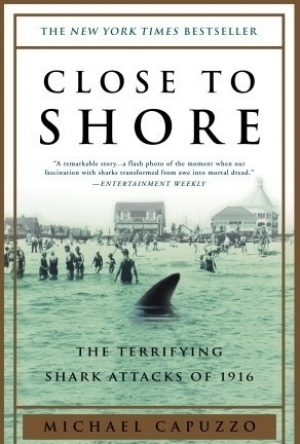
Close to Shore: The Terrifying Shark Attacks of 1916
Book
Combining rich historical detail and a harrowing, pulse-pounding narrative, Close to Shore...
Shonishin: Japanese Pediatric Acupuncture: A Text and Video Guide
Book
In a concise manner, Birch manages to capture the essence of meridian therapy-no mean feat. --...
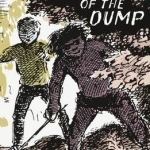
Stig of the Dump
Clive King and Edward Ardizzone
Book
A Puffin Book - stories that last a lifetime. Puffin Modern Classics are relaunched under a new...
Charlie Cobra Reviews (1840 KP) rated Final Space in TV
Jul 7, 2020
Even though there’s a huge shortage of young men (they’ve been ‘shipped off’ to the rest of occupied Europe to ‘work’) and women greatly outnumber men, women are divided into categories, or castes. These depend on their age, heritage, reproductive status and physical characteristics, and each category is named after a significant woman in Hitlers life. Rose is a Geli, one of the elite. Young, beautiful, and most importantly, fertile.
I thoroughly enjoyed this and read it far too quickly. It had a black and white, 1950’s movie atmosphere about it, and I could easily picture the people and scenes in my head. It brought to mind The Man in the High Castle with regards to Occupation, and 1984 with regards to feeling as though you’re constantly watched - as well as the people being told how to react, think and live. This was especially evident in Rose’s job: she rewrites classics so that they’re in line with the regimes ideals: so no independent, strong females, and all the male leads are changed to Sturmbannführer (at least!).
The drudgery of everyday life made me think of how I envisaged life in the GDR - as well as only allowing state sanctioned literature, there was only one radio channel in Grand Alliance Britain, with some brave people listening to illegal foreign radio stations, knowing that this could result in extreme punishment.
When Rose goes to Widowland near Oxford (there are a few throughout the country) to find the source of a potential rebellion, she’s shocked to see older women living in abject poverty, only permitted to eat a subsistence diet and work menial jobs. But these women are intelligent, and they’re not happy in their state regulated lives. Between her reading of classic books and meeting these women, Rose begins to see what’s wrong with the world she has been living in, and this dawning realisation is so well described. We see how reading ‘subversive’ classics seems to get under her skin, and how she realises that the treatment of women is wrong in this Grand Alliance.
I could go on and on. I raced through this book, and I loved the ending, which came far too quickly!
Many thanks to Quercus for my copy of this book through NetGalley.
Emma @ The Movies (1786 KP) rated Halloween (1978) in Movies
Sep 25, 2019
I had always assumed that Halloween was going to be scary, and it was, sort of. It was scary in a very different way to modern horrors though. The reason I tend to ignore the genre is that the story lines don't make up for the amount of "jump out of your skin" moments they put in. Something can be scary without having to make you jump.
On the modern scale of films Halloween isn't very good on several levels. That being said though, it's still an excellent film and the fact that it's so simple and plays on the basic human feeling of unease is great.
It's good to see that the horror movie staples were at their peak in the 70s: not turning the lights on when searching a dark house; only stabbing your attacker once, even though you thought he was dead when you stabbed him once the first time... AND the second time; and my personal favourite... I've stabbed my attacker and he's down, he looks dead so I won't bother checking, instead I'll just turn my back and take a breather for a moment.
One things that I couldn't help doing while watching this film was laughing. Come on, it's funny. But it's only that way to me because I've seen so many films now that I know what's going to happen. The bad guy is always going to have vanished when you try and point him out to someone, there will always be a creaking window or door, and 4 times out of 5 there will be a body behind/inside whatever you open. I still got those chilling feelings while watching it but I was also drawn in by the fact I was sitting there willing things to happen that I knew were coming.
What should you do?
It's definitely a classic and well worth seeing. Just remember it isn't the big budget movies you're used to seeing if you only watch modern things.
Movie thing you wish you could take home
Normally I would say it's difficult to want something from a horror film, but in this instance I'd quite like some of the immense luck that's going around. Michael and Laurie both have an amazing ability to survive life threatening situations. That's something I would definitely want.
Emma @ The Movies (1786 KP) rated Smallfoot (2018) in Movies
Sep 25, 2019
I had always assumed that Halloween was going to be scary, and it was, sort of. It was scary in a very different way to modern horrors though. The reason I tend to ignore the genre is that the story lines don't make up for the amount of "jump out of your skin" moments they put in. Something can be scary without having to make you jump.
On the modern scale of films Halloween isn't very good on several levels. That being said though, it's still an excellent film and the fact that it's so simple and plays on the basic human feeling of unease is great.
It's good to see that the horror movie staples were at their peak in the 70s: not turning the lights on when searching a dark house; only stabbing your attacker once, even though you thought he was dead when you stabbed him once the first time... AND the second time; and my personal favourite... I've stabbed my attacker and he's down, he looks dead so I won't bother checking, instead I'll just turn my back and take a breather for a moment.
One things that I couldn't help doing while watching this film was laughing. Come on, it's funny. But it's only that way to me because I've seen so many films now that I know what's going to happen. The bad guy is always going to have vanished when you try and point him out to someone, there will always be a creaking window or door, and 4 times out of 5 there will be a body behind/inside whatever you open. I still got those chilling feelings while watching it but I was also drawn in by the fact I was sitting there willing things to happen that I knew were coming.
What should you do?
It's definitely a classic and well worth seeing. Just remember it isn't the big budget movies you're used to seeing if you only watch modern things.
Movie thing you wish you could take home
Normally I would say it's difficult to want something from a horror film, but in this instance I'd quite like some of the immense luck that's going around. Michael and Laurie both have an amazing ability to survive life threatening situations. That's something I would definitely want.

Stop Motion - Animation Maker Pro
Photo & Video and Entertainment
App
Edumotion StopMotion HD Production lets anyone become a stop motion film maker! What’s stop...


